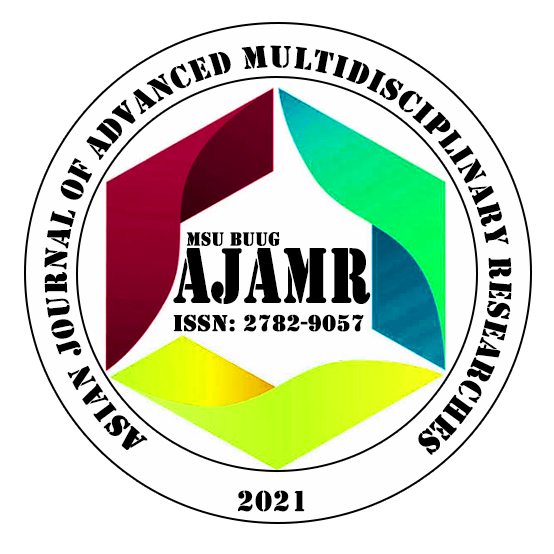

Author: Emelyn D. Zapanta
Doctor of Philosophy, Graduate Studies, Universidad de Zamboanga, Zamboanga City, Philippines
Email: emelyndagsaan@gmail.com
ABSTRACT
The primary purpose of this study is to look into the experiences of the teachers during the conduct of the Comprehensive Rapid Literacy
Assessment in Buenakapok Elementary School and Taluksangay Elementary School, Mercedes District, Zamboanga City Division.
Specifically, this study aimed to find out the following: status of implementation of Comprehensive Rapid Literacy Assessment in early grade,
process of the Comprehensive Rapid Literacy Assessment conducted in early grade, different challenges encountered by the teachers in the
implementation of Comprehensive Rapid Literacy Assessment, and on the basis of the findings, design an intervention plan to address the
literacy gap.The study employed qualitative research perspective purpose to study the experiences of teachers in the implementation and
conduct of Comprehensive Rapid Literacy Assessment in early grade. Participants were selected through total enumeration for Buenakapok
early grade teachers and purposive sampling for Taluksangay early grade teachers for phenomenological research and were selected through
non-probability purposive sampling design wherein the respondents were chosen to provide data that are most relevant to the study. There were
five teachers from Buenakapok Elementary School and three teachers from Taluksangay Elementary School who voluntarily participated in the
study. The following themes are developed based on the responses of the participants, these were grouped or clustered by means of thematic
approach: CRLA is Beneficial to Teachers; It is Timely and Relevant; It is an Individualized Standard Assessment; It Allows to Discover
Learners’ Learning Gap; CRLA Supports Reading Intervention; Learning to Read is a Challenge; It Allow Teachers Adapt Changes; and
Instructional Materials Development.
Keywords: literacy assessment, reading, gap, lifelong learners, Buenakapok Elementary School